In Libya, fighting broke out again. Conflict Blood - Oil
Major-General Ahmed Abu Shahma, the commander of the Vulkan Fury operational unit of the Libyan Popular Front, said that forces under his command shot down a Libyan National Army combat aircraft west of Sabrata. According to the general, during escalation of conflict 9 Haftar soldiers were captured, and four were captured and an unnamed number of armored vehicles were destroyed, one of which bore the mark of the United Arab Emirates. Heavy fights are taking place on the southern approaches to Tripoli, and none of the parties, despite the declaration of intent, does not seek the negotiations recently promised by Germany and the UN.
Information about a new round of hostilities published by the publication Asharq Al-Awsat and confirmed by a number of other sources, it marked a new round of conflict, the victims of which were already more than a thousand military personnel from both sides and hundreds of thousands of civilians who were compelled to become refugees. Reports of injured civilians also come daily.
Abu Shahma said that, in addition to clashes with Haftar forces, his troops were in contact with the forces of "Russian mercenaries" on the front line near Al-Aziziya. Meanwhile, the LNA media center said that their own air defense shot down a reconnaissance plane of the Government of National Unity and noted the successes of the East Libyan Air Force.
Oil production is not interrupted
Despite the ongoing hostilities, oil production in Libya is not curtailed. The central bank of the country reported on income from the export of "black gold". According to the information Reuters, the revenue of the state blazing in the civil war amounted to 22,7 billion Libyan dinars (16,09 billion dollars) in the first nine months of the year. Costs over the same period amounted to 29,26 billion Libyan dinars (24,57 billion dollars). The volume of hydrocarbons produced by the country per day is about 1,3 million barrels.
Oil is the blood of this conflict, with regional leaders standing behind its main players. The Government of National Unity Fayes al-Sarraj, recognized by the UN, supports Ankara. She is actively supplying the groupings that make up the PNE Army colorful patchwork quilt, weaponsmoney and instructors. Qatar stands shoulder to shoulder with Turkey.
Haftar’s troops, in turn, are heavily fed by the United Arab Emirates (UAE), Saudi Arabia, and Egypt, who consider the Marshal a bastion of stability in the region. And of the major international players behind the backs of the East Libyan forces are Russia and France. Their support is less visible than the help of regional leaders, but no less tangible. And each of the countries has its own interests.
Russia has its own interests in Libya
Andrei Chuprygin, a teacher at the Higher School of Economics, in his comments Albawaba claims Moscow’s interests in Libya are diverse. The expansion of the Russian presence in this territory will help support the Russian Federation to strengthen its position in the region, provide access to the Sahel and Central Africa, and also enable Russian companies to take a significant role in the profitable Libyan oil and gas sector. (The Sahel is a tropical region in Africa, a kind of transition between the Sahara in the north and the more fertile lands in the south, better known for the Sudan region. It includes ten countries and 300 million people.)
Rosneft signed an agreement to purchase oil from the Libyan National Oil Corporation in 2016. Russian companies are also interested in the construction of a railway connecting the coastal Libyan city of Sirte and Benghazi.
Observers note that the war in Libya bears all the features of a local war of the 21 century, and that is exactly what the military actions in this century will look like. Most of the means used by the parties are relatively inexpensive.
During the conflict, both sides actively use Drones, cyberattacks hit both vulnerable points in the enemy’s defenses and official accounts of enemy forces, and social networks are saturated with an incredible amount of propaganda.
A noticeable use of UAVs was about six months ago. According to Gassan Salamé, United Nations Special Representative for Libya, both parties conducted at least 900 missions using them, and in recent weeks this number has risen sharply. Both sides use them for surveillance, strategic strikes at weapons depots and airports, as well as for the direct support of units involved in city battles.
Turkey has supplied PNEs to more than a dozen Bayraktar TB2 devices, as well as ground control points. UAE, in turn, provided the LNA Chinese drones Wing Loong II. Rumor has it that both Ankara and the Emirates sent personnel to Libya to control the UAV. Wing Loong II costs 1-2 million US dollars, more expensive "Bayraktar" - 6 million.
Cyberattacks are also a simple and cheap means of achieving goals. For example, in August, the PNE’s official Twitter account was hacked, after which a message was published about the fall of Tripoli and the government holding the capital. Hacking caused great confusion and even panic. However, in turn, the Tripolitanian hacker made the LNA leadership nervous, posting secret documents of East Libyans and passport information of government officials on the network.
Advocacy on social networks has become the third whale on which stands the “modern war” in Libya. Facebook and Twitter are the main sources of information for most Libyans. Therefore, propagandists on both sides pay special attention to this area, often spreading information about events or “stuffing” with amazing speed.
- writes Dr. Matthew Herbert, Senior Scientific Advisor at the Institute of Security Studies, in his article for the portal Defenseweb.
Meanwhile, the regional hegemons, howling in the wrong hands, are themselves plunging into the ongoing and future wars, which threaten the region to plunge the region into the furnace of increasingly bloody battles.
Turkey invaded Syria
On Sunday, October 6, US President Donald Trump gave the tacit approval of Turkish military intervention in Syria. Two days later, Turkish combat aircraft and artillery, as part of Operation Source of Peace, attacked targets associated with the Syrian Democratic Army (SDF), which are based on Kurdish forces. Following this, the land units crossed the border.
Turkey plans to create an 30 km zone in order to push Kurdish forces from its borders and resettle about two million Syrian refugees in this territory. However, the Kurds are not going to give up and are already fighting fiercely, delaying the advance of the Turks.
Egypt faces war with Ethiopia
In the meantime, Egypt could soon enter a war with Ethiopia over water. Cairo is already condemned Addis Ababa for the construction of a hydroelectric power station on the Nile. One of the oldest states in the world believes that an African country jeopardizes Egypt's water supply.
In Ethiopia is the source of the Blue Nile, which feeds the river flowing through the territory of Sudan and Egypt. The well-being of the inhabitants of these countries depends on the volume of water flowing in it. Addis Ababa, in turn, believes that the 5 billion project can give the state the necessary impetus for development.
Egypt, which considers the Nile to be its national treasure, sharply opposes any action in relation to the river. Water resources are vital for the survival of the population of a country whose population has already exceeded 100 million people.
International agreements concluded in the 1929 and 1959 years guarantee Cairo control over the 87% of the Nile. Also, Egypt, according to the document, had the right to prohibit work in the river delta, threatening its strategic interests. However, in 2010, a number of countries led by Ethiopia disavowed this agreement. This led to tension between Cairo and Khartoum with Addis Ababa. Repeated attempts by the foreign affairs agencies of the three states to come to an agreement have failed. The last of them fell on October 7.
Saudi Arabia and the UAE are already embroiled in a war in Yemen, where the Hussites, supported by Iran, are successfully fighting against coalition forces. Thus, the Middle East is increasingly entering the era of wars that threaten to develop into one - the global one.
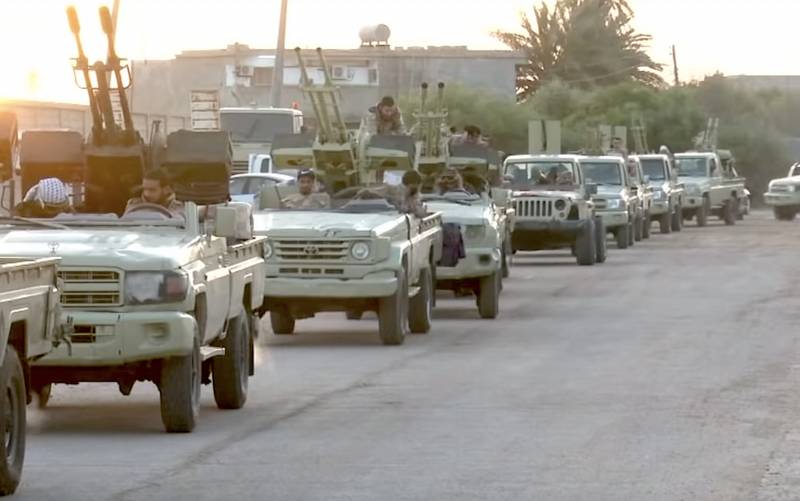
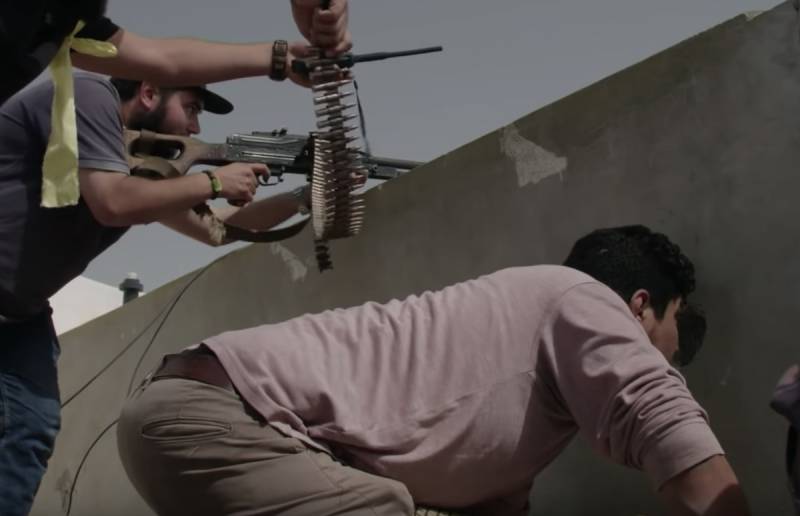
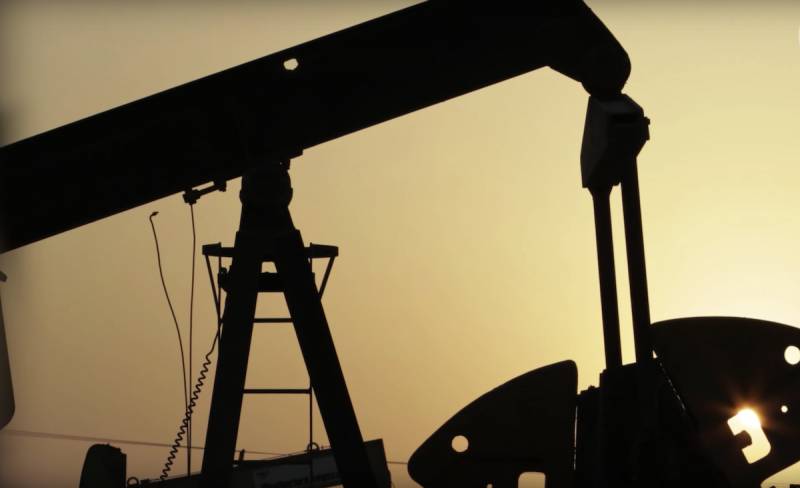
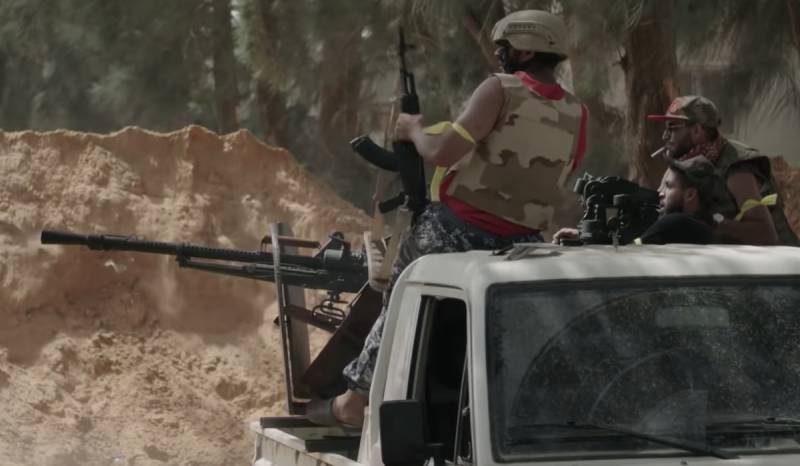
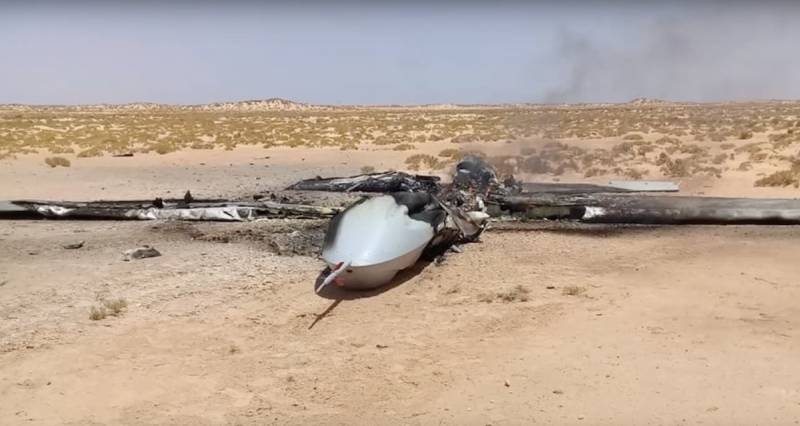
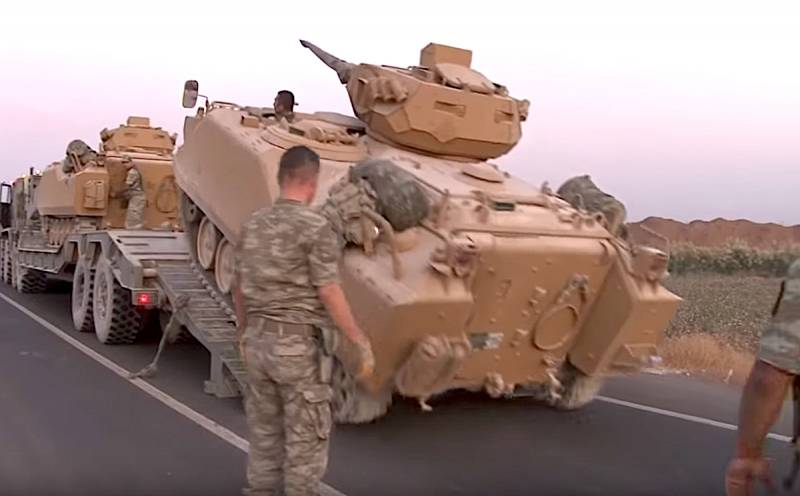
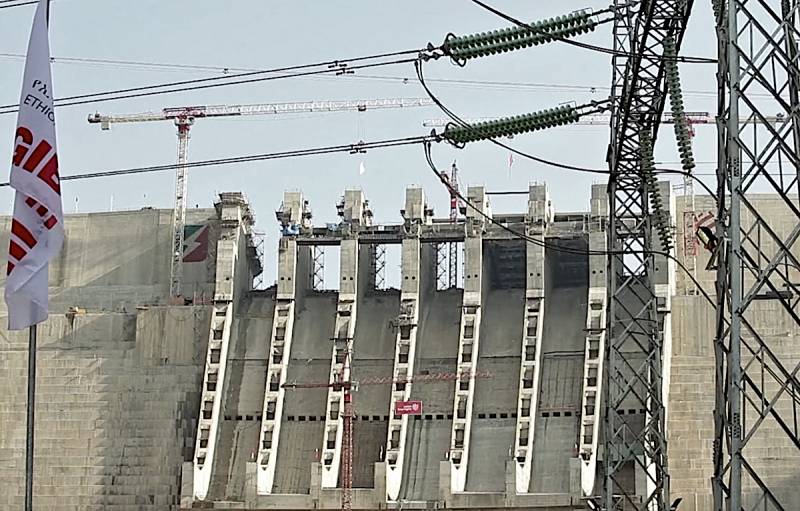
Information